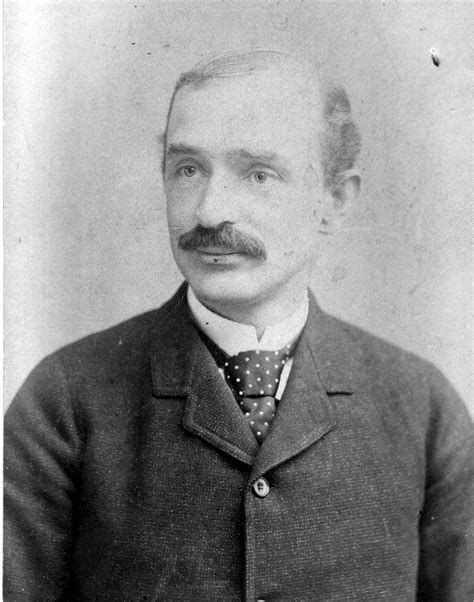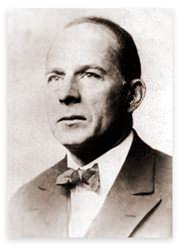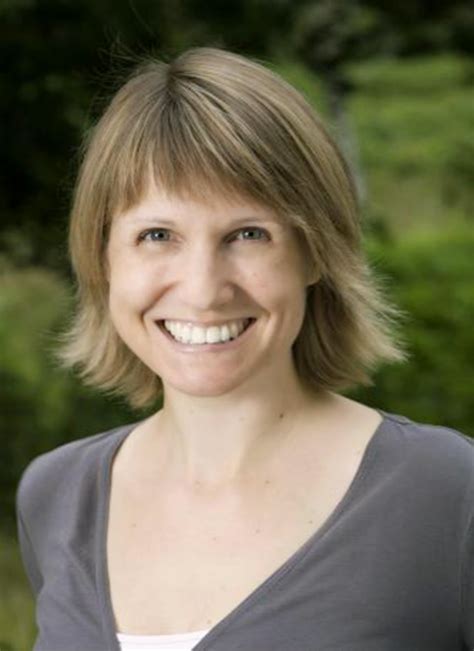A Quote by Stacey D'Erasmo
What is the distance between here and there, between now and then, between right and wrong? In Greg Baxter's pellucid first novel, 'The Apartment,' it may be simply the length of a day - but a day in which one travels surprisingly far, literally and figuratively.
Related Quotes
There may be dead ground in between; and I may not have got The knack of judging a distance; I will only venture A guess that perhaps between me and the apparent lovers, (Who, incidentally, appear by now to have finished,) At seven o'clock from the houses, is roughly a distance Of about one year and a half.
We have crossed the boundary that lies between Republic and Empire. If you ask when, the answer is that you cannot make a single stroke between day and night: the precise moment does not matter. There was no painted sign to say: 'You are now entering Imperium.' Yet it was a very old road and the voice of history was saying: 'Whether you know it or not, the act of crossing may be irreversible.' And now, not far ahead, is a sign that reads: 'No U-turns.'
I do my best writing between 10 p.m. and 5 a.m.. Almost every friend I have who is a consistently productive writer, does their best writing between 10 p.m. and 8 a.m. My quota is two crappy pages per day. I keep it really low so I'm not so intimidated that I never get started. I will do the gathering of interviews and research throughout the day. I'll get all my notes and materials together and then I'll do the synthesis between 10 p.m. to bed, which is usually 4 or 5 a.m.
It is very useful, when one is young, to learn the difference between "literally" and "figuratively." If something happens literally, it actually happens; if something happens figuratively, it feels like it is happening. If you are literally jumping for joy, for instance, it means you are leaping in the air because you are very happy. If you are figuratively jumping for joy, it means you are so happy that you could jump for joy, but are saving your energy for other matters.
The close-up has no equivalent in a narrative fashioned of words. Literature is totally lacking in any working method to enable it to isolate a single vastly enlarged detail in which one face comes forward to underline a state of mind or stress the importance of a single detail in comparison with the rest. As a narrative device, the ability to vary the distance between the camera and the object may be a small thing indeed, but it makes for a notable difference between cinema and oral or written narrative, in which the distance between language and image is always the same.
We're finally becoming aware of a process that has been unconscious since human experience began. From the start, humans have perceived a Birth Vision, and then after birth have gone unconscious, aware of only the vaguest of intuitions. At first in the early day of human history, the distance between what we intended and what we actually accomplished was very great, and then, over time, the distance has closed. Now we're the verge of remembering everything.
In her previous novels, Maggie O'Farrell has often measured the distance between intimates and the unexpected intimacy of distance - geographic, temporal, cultural. In 'The Hand That First Held Mine' and 'The Distance Between Us,' characters separated by many miles or many years turn out to be joined in ways they never anticipated.
The decision must be made between Judaism and Christianity, between business and culture, between male and female, between the race and the individual, between unworhtiness and worth, between the earthly and the higher life, between negation and God-like. Mankind has the choice to make. There are only two poles, and there is no middle way.





































